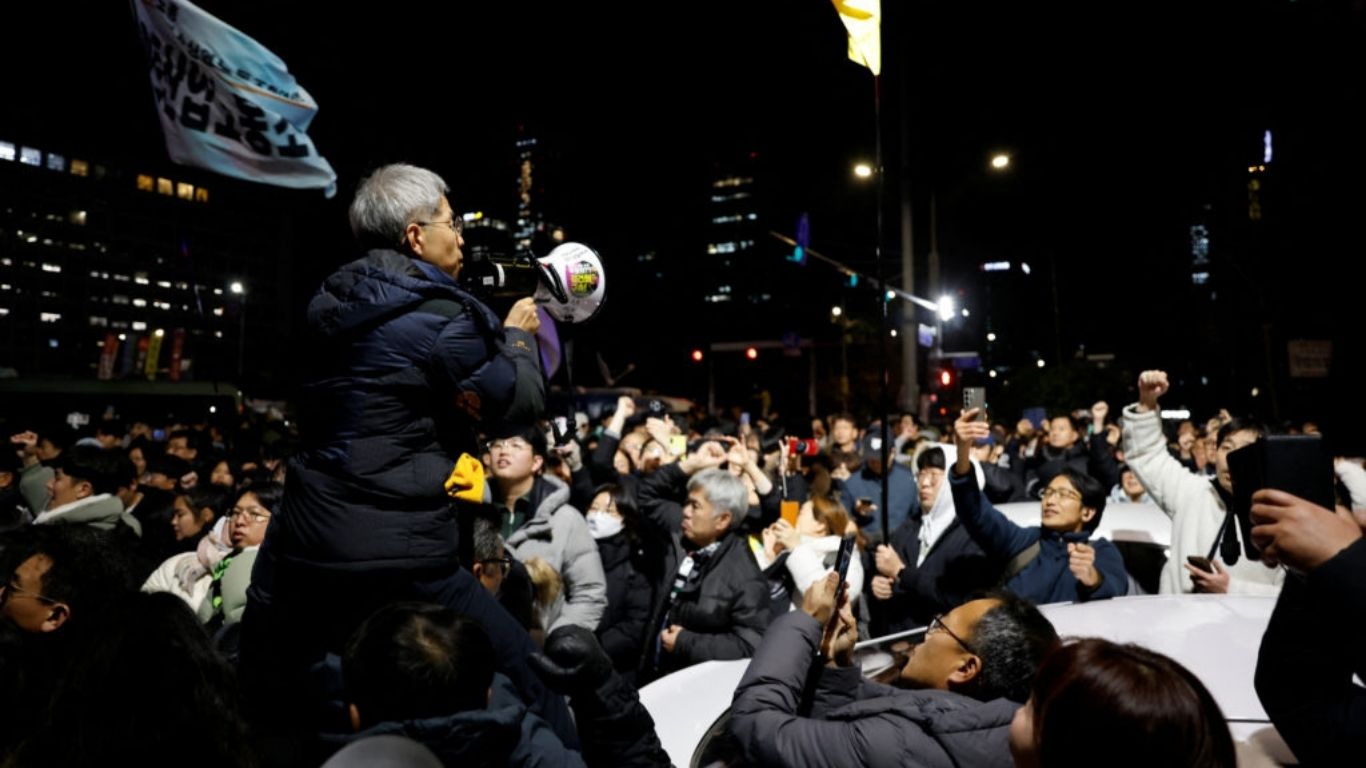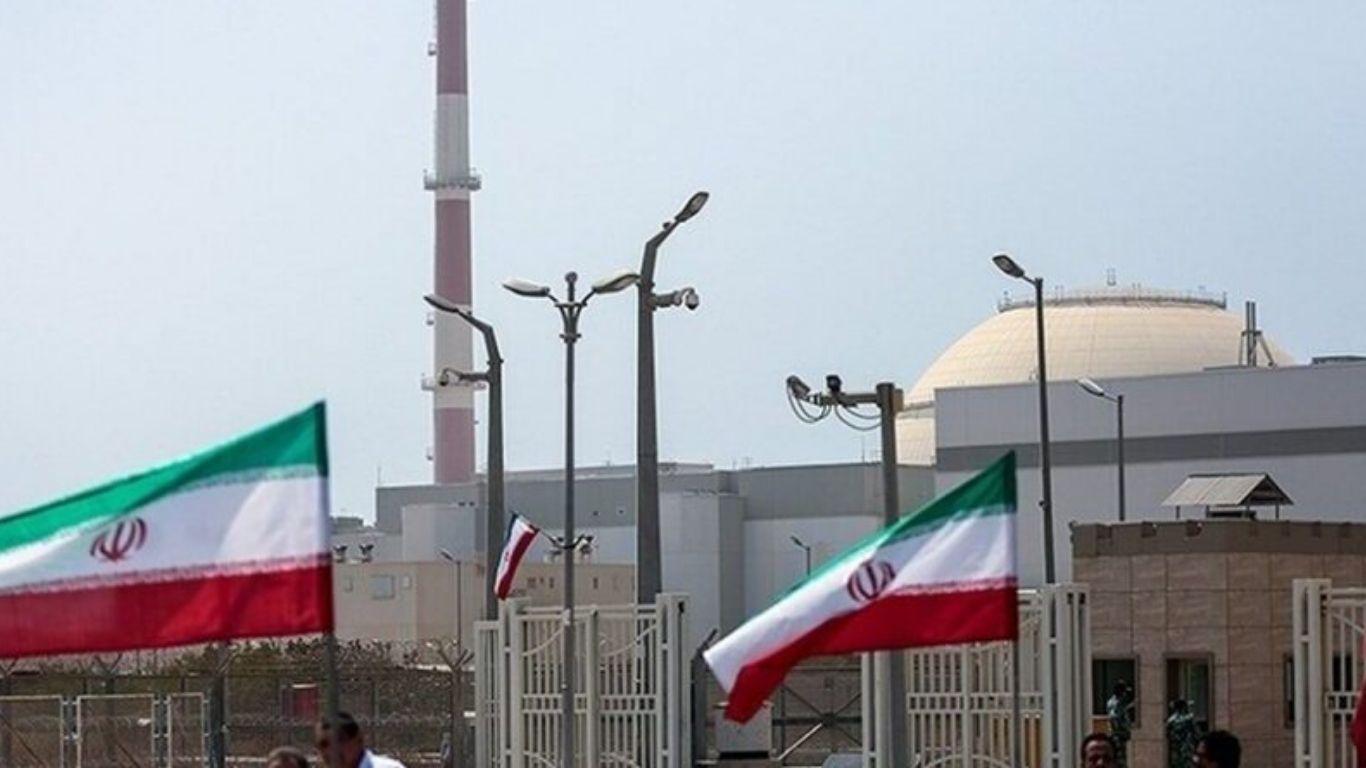California’s Breaking Point: Civil War or Just Hot Air?
On July 5, 2025, Professor Benjamin Cohen, a political economist at the University of California-Santa Barbara, issued a stark warning: California could secede from the United States by 2035, potentially igniting a second civil war. As reported by the Daily Mail, Cohen argues that growing friction between California and the federal government, fueled by clashing political identities, could drive the state to declare independence. “Identity can be a very powerful motivator,” Cohen said in a university release. “When it comes to something as strong as a sense of community identity, rationalism falls by the wayside”.
Cohen’s hypothetical scenario envisions a 2035 where President JD Vance threatens a military takeover of Sacramento, backed by National Guard troops from red states, as California’s push for independence escalates. While he admits this seems “impossible right now,” Cohen points to “dream states” like California, where movements rally around distinct causes, rejecting the broader U.S. identity.
“California breaking away? It’s like predicting a tsunami in the desert—wild, but not impossible,” an X user posted, half-skeptical.
Signs of Fracture in the Golden State
California’s resentment is already simmering, Cohen argues, pointing to recent Los Angeles riots over the federal government’s mass deportation of undocumented immigrants. President Trump’s deployment of the National Guard to protect ICE agents during these clashes has intensified tensions, with Governor Gavin Newsom’s defiance edging the state closer to a showdown. Cohen sees these as symptoms of a deeper divide, where California’s progressive identity clashes with federal policies, fueling secessionist sentiment.
This isn’t just academic speculation. A June 30, 2025, YouGov poll of 1,111 U.S. adults found 40% believe a civil war is “somewhat or very likely” within a decade, with 31% fearing a fascist dictatorship and 20% predicting a communist shift by 2035. California’s push aligns with broader frustration, as posts on X amplify calls for secession, with 44% of Californians reportedly open to it and 50% trusting Sacramento over Washington.
“California’s already acting like its own country—taxes, policies, you name it,” a commenter on X sneered, scrolling through Newsom’s latest speech.
A Nation Divided
Cohen’s warning isn’t isolated to California. He notes other “dream states” where political divides are redrawing loyalties, like New York City’s Democratic stronghold versus upstate’s Republican leanings. His book, Dream States: A Lurking Nightmare for the World Order, argues that Americans increasingly want to reshape geographic borders to match their ideologies, a trend he calls an “underappreciated phenomenon”. “We cannot ignore the risks of the current fissures and fragmentation—the breakdown of a sense of community,” Cohen writes.
Historically, California’s flirted with division before. The 1859 Pico Act, which proposed splitting the state in two, passed locally but died in Congress amid the Civil War. More recently, a 2024 push to gather signatures for secession gained traction, though the U.S. Constitution and a post-Civil War Supreme Court ruling make it legally dubious. Yet, with public distrust in Washington soaring, the idea resonates, especially in a state that leans heavily Democratic.
“Secession’s a pipe dream, but the anger’s real,” a Sacramento local muttered, watching National Guard trucks roll by.
Could It Really Happen?
Cohen’s scenario hinges on identity-driven polarization, but experts are split. Some, like UC San Diego’s Barbara Walter, warn of violence in diverse states if unrest escalates, citing historical flashpoints like Reconstruction-era Birmingham. Others argue there’s no issue as divisive as slavery to spark all-out war, and shared American identity—plus Pentagon reluctance to occupy states—makes conflict unlikely. Still, posts on X reflect growing sentiment for a “national divorce,” with some envisioning a peaceful split like Czechoslovakia, while others predict violence.
The federal government would likely deem secession unconstitutional, as it did in 1861, and move to quash it. Trump’s warnings about Newsom’s actions pushing the U.S. toward civil war add fuel, as does a hypothetical military response under a future president. Yet, logistical hurdles—California’s economic might, ports, and military bases—make a federal crackdown complex, and not all Californians would back secession.
Cohen’s prediction, while speculative, taps into real tensions. With 64% of urban Americans seeing immigration as a strength and 57% of rural Americans viewing it as a threat, the divide isn’t just California versus Washington—it’s urban versus rural, red versus blue. If California leads, other blue states might follow, but a fractured U.S. risks global instability, as Cohen’s book warns.
“Civil war talk feels like dystopian fan fiction, but the fault lines are real,” a political scientist said, closing Cohen’s book.



